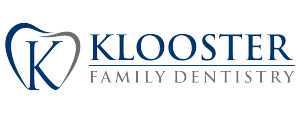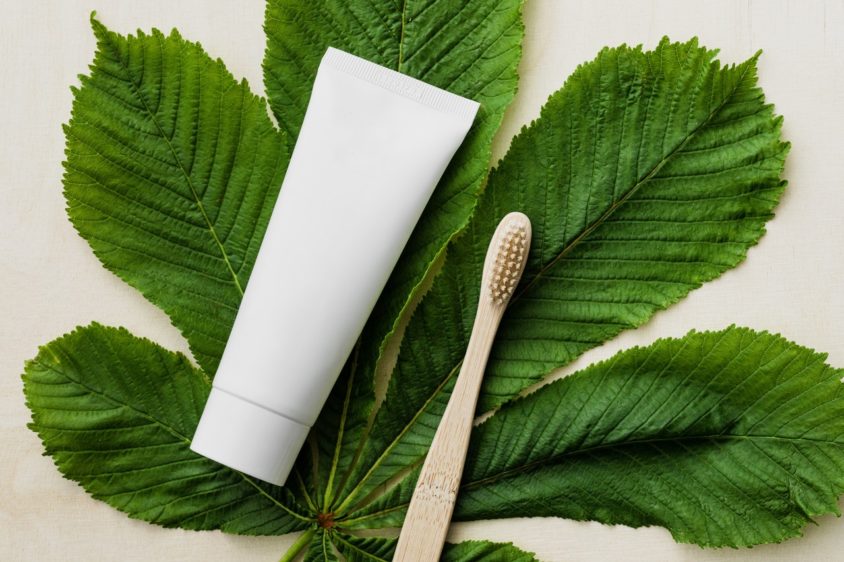One of the first things anyone learns about dental health is that you should brush and floss every day. But when you go to the store to buy your supplies, you may be overwhelmed by the sheer variety of choices. So many brands, so many labels and terms, so many sizes and shapes.
We’ve covered floss already, but today we’re going to look at toothpaste. While we won’t be recommending specific brands, we do want to demystify some of the features and gimmicks on the market so that you can make an educated choice.
The Basics
The most important ingredient in any toothpaste is fluoride. While you’ll be hard-pressed to find non-fluoride toothpaste in many stores, it’s still important to check. Fluoride not only protects your teeth from bacteria, but can also reverse early stages of acid damage that certain foods cause.
If you want to dive deeper into ingredients, check for abrasive agents like calcium carbonate and silicate that can wear down buildup in your mouth. If you want something no frills that’s guaranteed to work, look for the American Dental Association’s Seal of Acceptance. This means that the toothpaste has been extensively reviewed by qualified professionals to do exactly what it sets out to do.
Special Features
Many toothpastes use special features or marketing to distinguish themselves. Some of these are great…others don’t mean much.
- Tartar control: when plaque isn’t removed effectively, it hardens into tartar. Tartar control toothpastes help alleviate (but not prevent) this with various abrasives, as well as antibiotics. A dental cleaning is still the only way to remove tartar buildup.
- Sensitive teeth: potassium nitrate and strontium chloride are very effective at relieving pain for users with sensitive gums or teeth. However, they can take several weeks to work.
- Whitening: while not as effective as a professional whitening procedure, whitening toothpastes can provide some marginal relief for stained teeth. Note that none contain bleach, and so are completely safe to use at home.
- Charcoal toothpaste: the marketing behind charcoal toothpaste sounds good in theory, and the black color is certainly eye-catching. However, research indicates that it is mostly ineffective. Indeed, charcoal’s abrasive qualities can actually damage your teeth. We recommend you stay away.
Gimmicks and Things to Avoid
Brushing and flossing are critical to a normal dental health routine. So is seeing your dentist regularly! Klooster Family Dentistry has locations in both Raleigh and Holly Springs. We’re accepting new patients and accept most major insurance providers. Contact us today to schedule an appointment!

